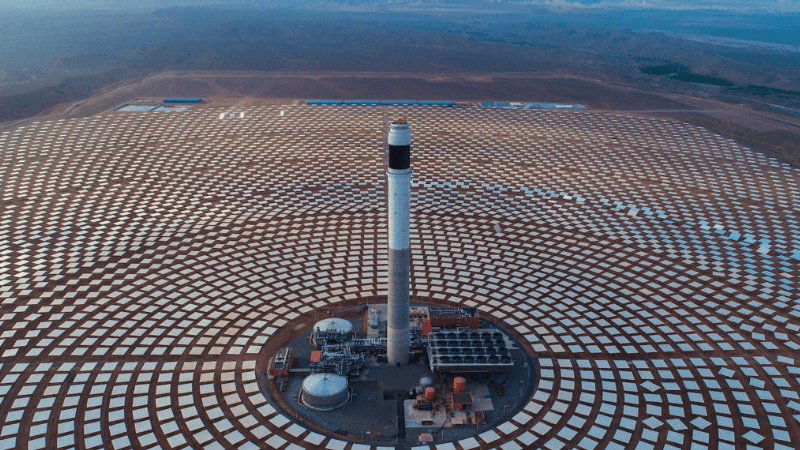Europe Taps North African Renewables While Local Communities Bear the Costs

European demand for renewable energy from North Africa creates environmental harm for locals in Morocco and Egypt according to the new Greenpeace report.
The document reveals that European wind and solar power support in Morocco and Egypt works better to supply international customers than to help local residents. This way restricts environmental projects in local areas since many areas keep using polluting energy resources. The Egyptian government uses imported fossil fuels to supply European energy markets but maintains its domestic natural gas supply which increases pollution and environmental burden in the country. European company investments primarily establish exports of hydrogen from Morocco without delivering enough energy for domestic needs.
According to Hanen Keskes campaigns lead at Greenpeace Middle East and North Africa the Global North should reduce its own energy use and develop renewable energy production at home instead of passing environmental problems to the Global South.
Changing supplier countries of renewable energy to North Africa creates new environmental challenges. The demand for water in hydrogen production depletes limited water supplies and land-based projects eliminate communities from their homes. Europe saves on CO2 emissions and uses cleaner energy because these projects created more pollution and unfair distribution of benefits in North Africa.
The situation reveals the issue of environmental justice when developed nations send environmental damage and social problems to less developed areas. Activists recommend Europe build renewable energy resources at home instead of importing them from developing nations.




